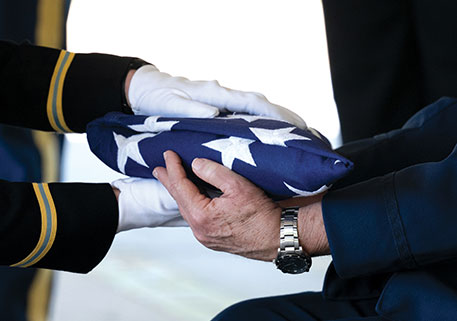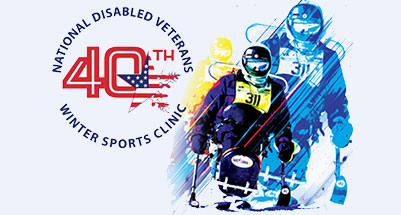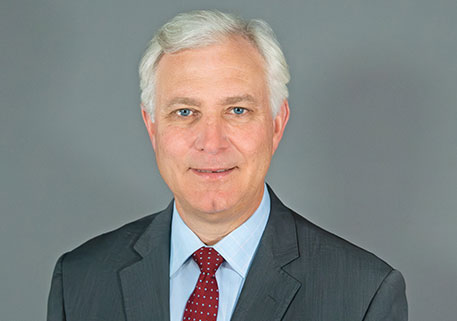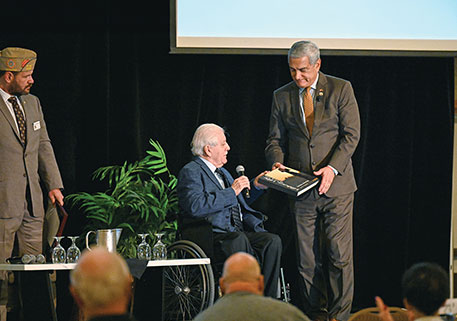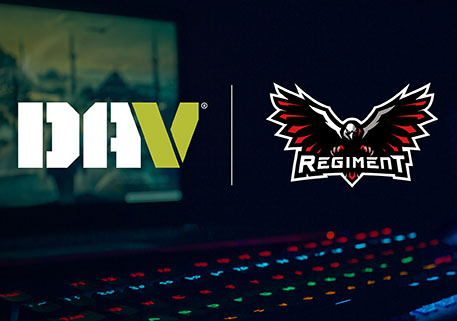
It was 1999, and Anthony Pino felt like a superhero. At 28, he had just been honorably discharged from the Marine Corps and was in search of his next mission.
During his four-year enlistment, Pino served on the gun line and as a forward observer; deployed to Guantanamo Bay, Cuba; was part of a quick reaction force; and earned a promotion to sergeant aboard USS Wasp.
“Anybody that knows me knows that I wear that eagle, globe and anchor on my sleeve, on my heart, everywhere,” Pino said. “I just think it was the best thing I’ve ever done in my life. It gave me direction, and it made me who I am today.”
After the Marine Corps, Pino pursued a career in law enforcement, starting with a job at a juvenile boot camp center in Plymouth, Massachusetts. But the further Pino got from his time in uniform, the more he felt the impact of his service.
“The oil started drying out,” as Pino put it.
Pino experienced a number of injuries resulting from his time in the Marine Corps: a broken ankle, bone spurs, a torn bicep and a shoulder injury that would eventually lead to a full shoulder replacement. He also battled anxiety and depression.
By 2017, Pino was a “walking ball of pain,” according to Kenneth Andrade, a DAV benefits advocate based in Providence, Rhode Island.
Andrade first met Pino in 1999 when they worked at the same juvenile boot camp center.
“We just clicked,” said Andrade, a former Army combat medic who at the time was in the Army Reserve.
After Andrade received orders to Walter Reed Army Medical Center in Bethesda, Maryland, he and Pino lost touch. During that time and after his own struggles with mental health and service-related injuries, Andrade became a DAV benefits advocate.
Then in 2017, while Andrade was temporarily working at DAV’s Boston office, a familiar face walked through the door.
“I looked at him and I said, ‘Stand up, Marine!’” Andrade recounted.
It took Pino a second to recognize his old friend, but once he did, he gave Andrade a big hug.
Over the next three years, Andrade helped Pino through the benefits claims process. The two swapped countless phone calls and messages and spent hours hunting down military records and filling out paperwork and an appeal.
“He’s done everything,” Pino said. “He’s researched, he’s filled out paperwork, he’s called me day and night … and he just has such a passion for this.
“I’ve gone through the whole process on my own and failed. And with DAV, I was very successful.”
Andrade said Pino deserves credit, too. Not only did he put in the work, but he also set an example.
“He’s a bulldog,” Andrade said of Pino. “He taught me how to be patient and never give up, because he didn’t give up.”
Andrade said the day he called Pino to tell him his rating had been increased was like “a big, giant Christmas gift” for both of them.
For Andrade, he was able to help a fellow veteran and the friend he calls “brother.” For Pino, he received the benefits he earned and the peace of mind that comes with them.
“I just want to know that when I do start falling apart even more, that the VA is going to take care of me,” Pino said.
Andrade would do what he did for Pino for any veteran. He cautions that every case is different, but at the very least, he and DAV benefits advocates across the country are available to listen and educate.
“DAV is committed to ensuring that all veterans can access the benefits and resources to which they are entitled,” said National Service Director Jim Marszalek. “Regardless of a veteran’s needs, our benefits advocates—all of whom served in uniform—are there to lend an ear and help empower that veteran to lead a full and meaningful life after service.”
Veterans seeking claims assistance can find their local DAV contact at benefitsquestions.org.

